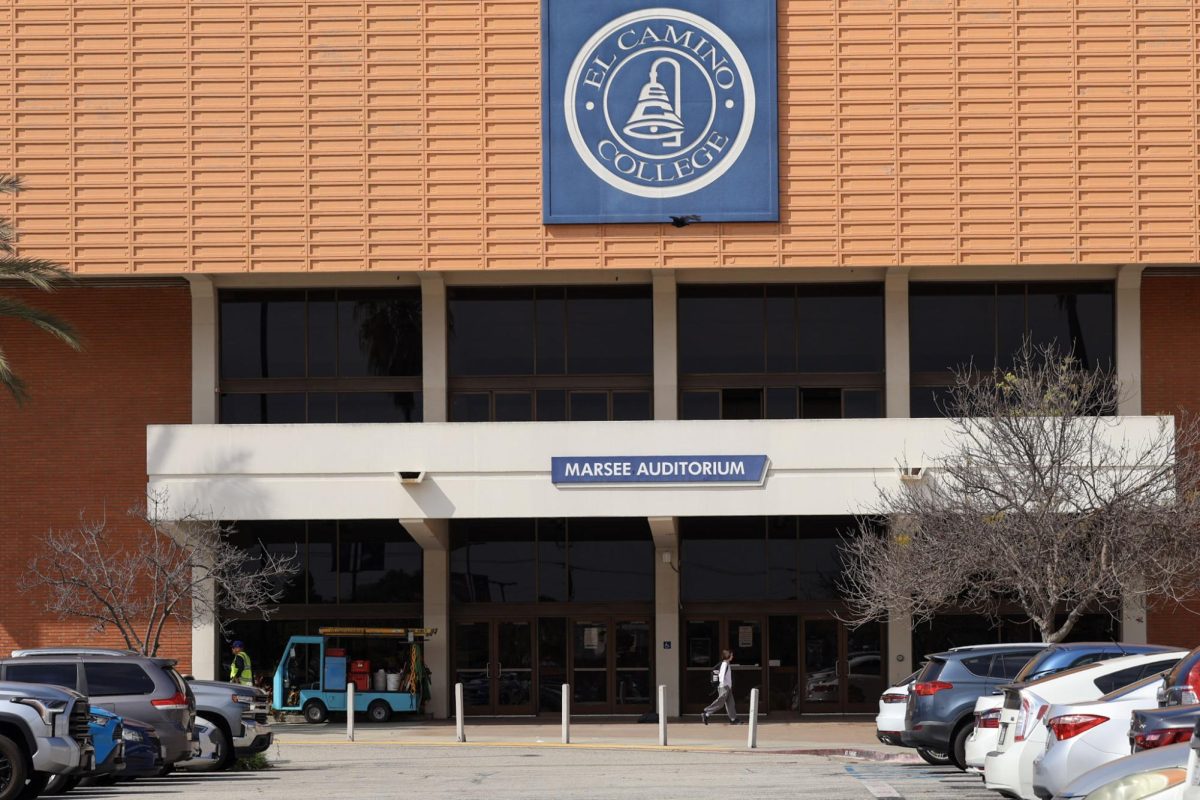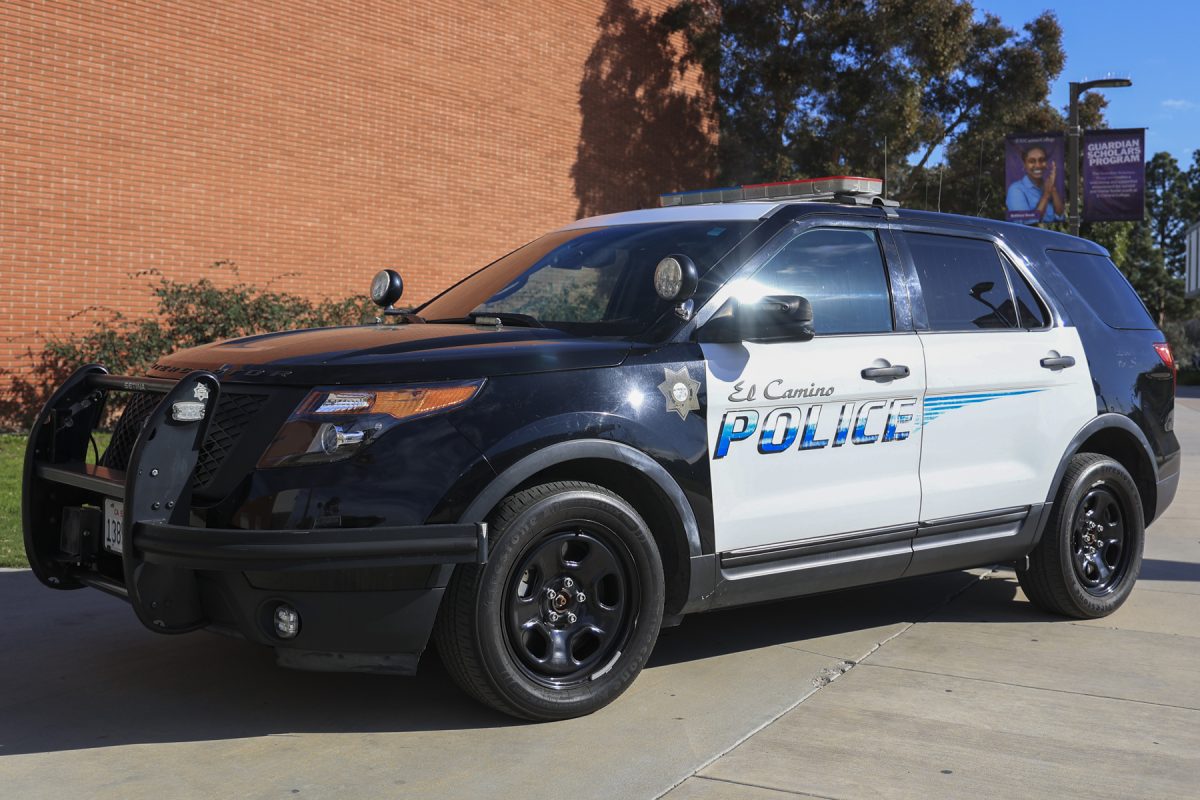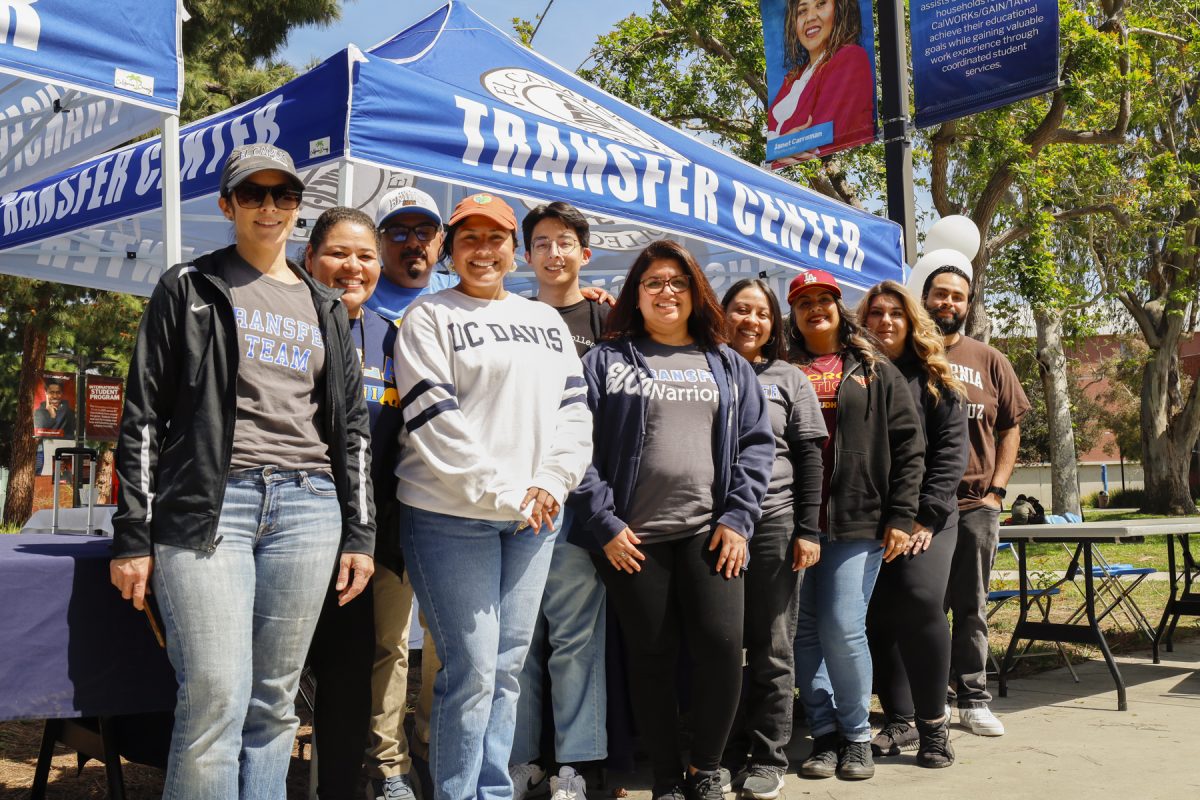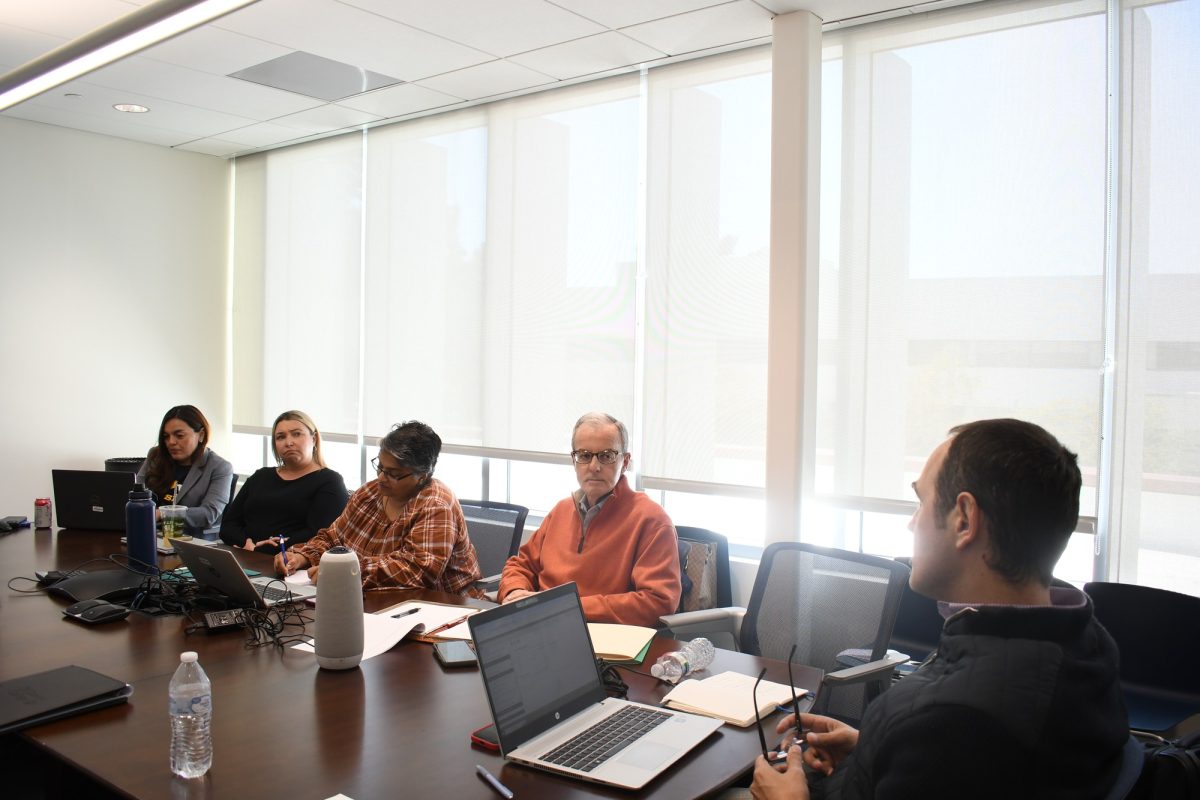On account of the recent hate crimes that have occurred against the Asian American and Pacific Islander communities, El Camino College’s programs, faculty, staff and students have made efforts to build awareness and solidarity.
According to the California Community Colleges Chancellor’s Office, of the total student population for the 2019-2020 terms, 10% of students at ECC identified themselves as Asian and 0.48% identified as Pacific Islander.
ECC released a statement on March 18 that denounced harassment of the Asian American and Pacific Islander (AAPI) communities following news of the Atlanta spa shooting that killed six Asian women on March 16.
The college also sent emails with resources such as the Student Equity Advisory Council (SEAC), Pacific Islander Scholars Association and the MANA Program that are available within ECC to further extend support for these communities.
“What we want people to get out of [SEAC events] is one, an understanding of what is really going on, two, the effects it has on the Asian-American communities personally, and three, being able to take action,” Christopher Dela Cruz, adviser for the Student Equity Advisory Council said.
SEAC will also host a forum on March 30 at 5:30 p.m addressing anti-Asian sentiments. The forum comes following the recent rise of anti-Asian hate crimes across the country.
According to the Stop AAPI Hate reporting center, 3,795 discriminatory incidents against AAPI individuals have occurred between March 19, 2020, to Feb 28, 2021.
SEAC prioritizes the solidarity between communities that face discrimination and different challenges regarding their identities, especially those who have limited conversations and support on these issues in their own homes.
“I think it’s really important to check in with people in your life who may feel impacted, make sure you tell them you support them, that you’re here for them,” Dela Cruz said.
Christina Nagao, English professor at ECC, also makes efforts to raise awareness and facilitate conversations on anti-Asian violence in her classrooms using books and literature.
Nagao plans to have her students read “Just Mercy” by Bryan Stevenson in hopes of enlightening students about the racism in America’s justice systems.
“The great thing is we’re at a college and I think the root of most acts of anti-Black, Latinx, and Asian racism is the lack of knowledge,” Nagao said.
She believes that, as an instructor, it is her responsibility to continue educating students on these issues and that students will not benefit from their instructors’ silence.
“We should continue to include racially inclusive curriculums in our classes and to address them because this is real life, this is happening,” Nagao said.
ECC student Miguel Joseph Calingasan, undeclared major who immigrated from the Philippines in 2016, wants fellow students to take advantage of SEAC’s resources to educate themselves on the history of anti-Asian racism.
“I’m greatly disturbed to hear these unfortunate events that are affecting people who just want to get through the day, surviving the daily struggles due to the pandemic just like everyone else,” Calingasan said.
Shiho Takagi, a 19-year-old nursing student at El Camino College said she’s concerned about the lack of conversations regarding the rise of anti-Asian hate crimes in her classes.
“I don’t feel like I’ve had any professors so far really make efforts [to talk about it],” Takagi said, “overall it hasn’t really been addressed in my classrooms.”
Takagi hopes that people who showed up for the Black Lives Matter movement, people of different races, nationalities and ethnicities can also show support for the AAPI communities.
“I feel like culturally, Asians tend to avoid being a burden to others, so it’s easier for us to stay quiet even when issues are happening,” Takagi said.



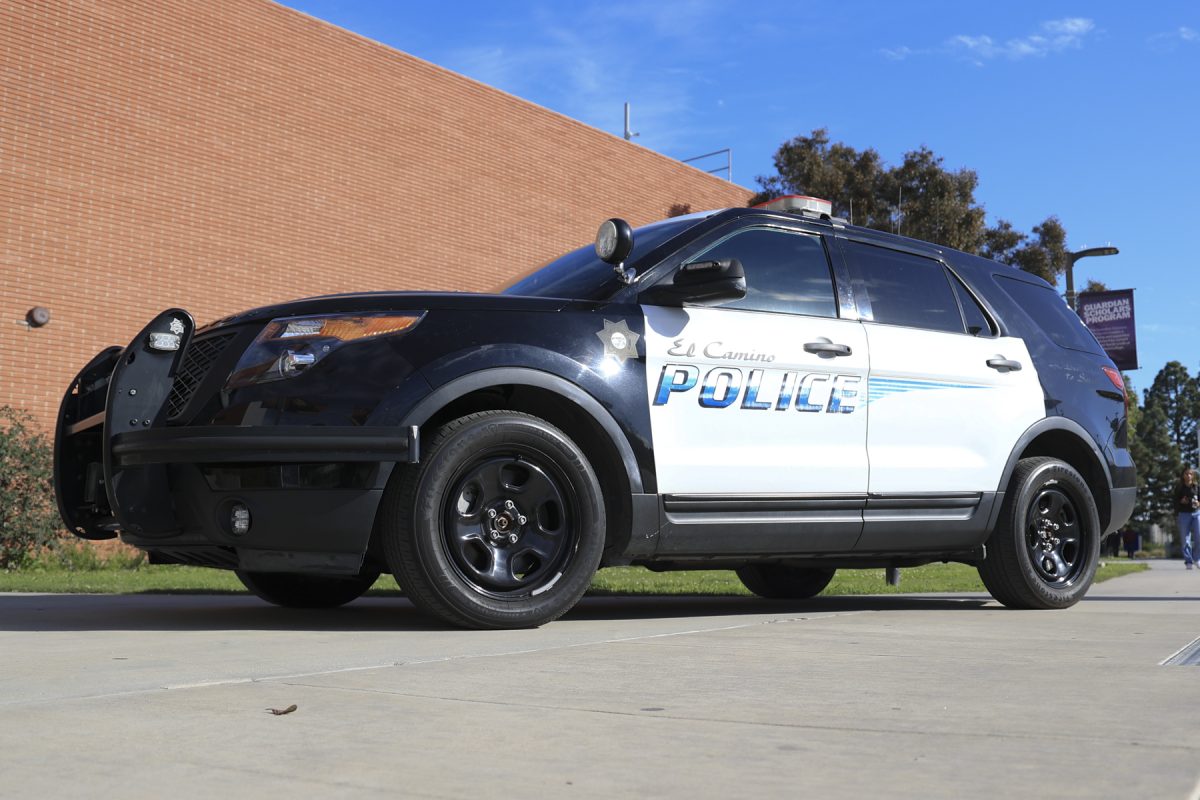
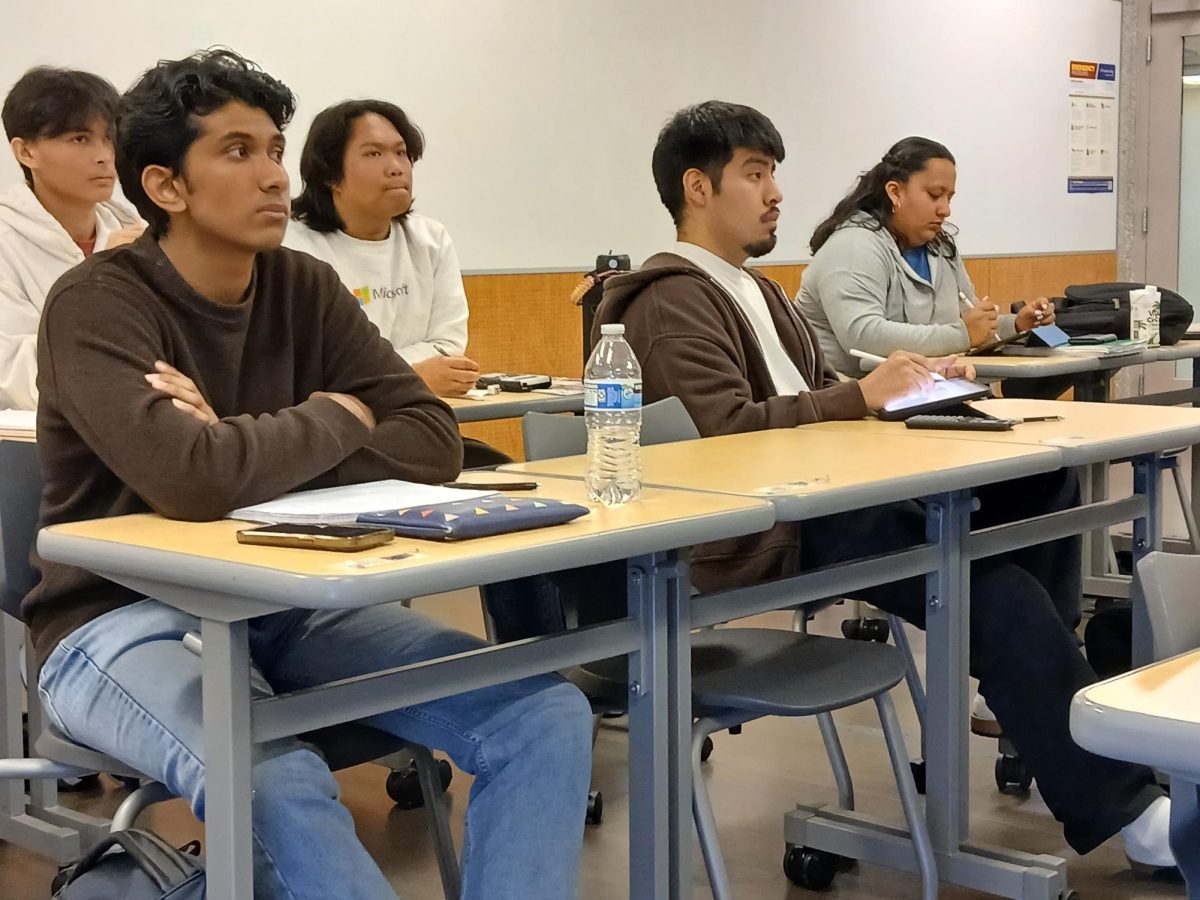
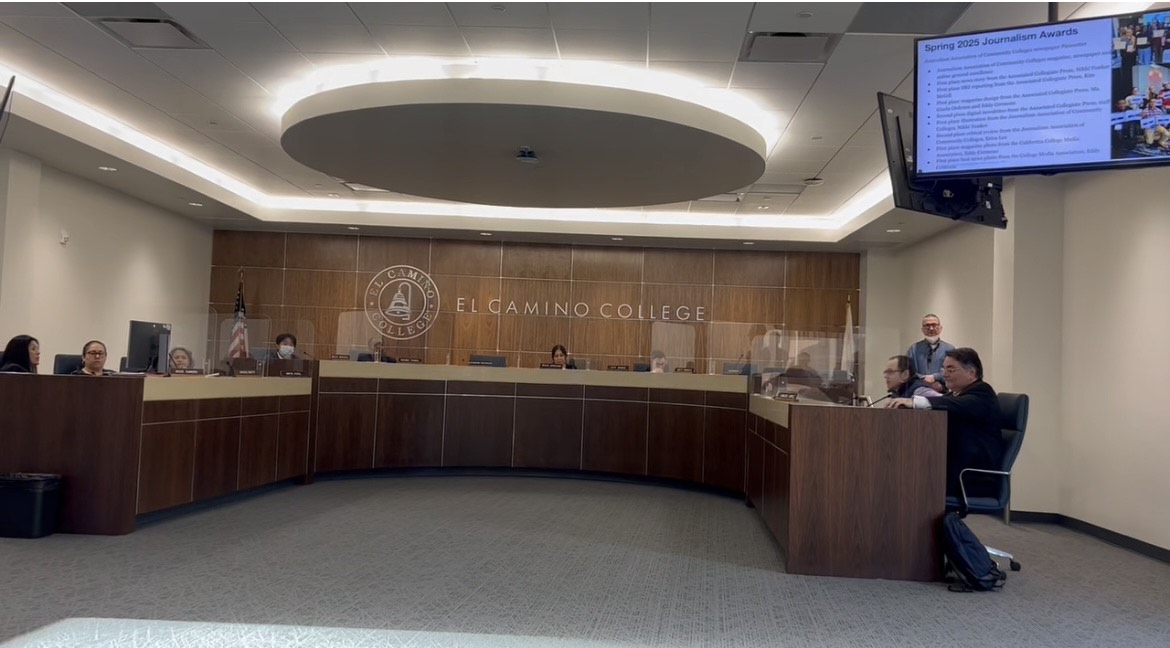

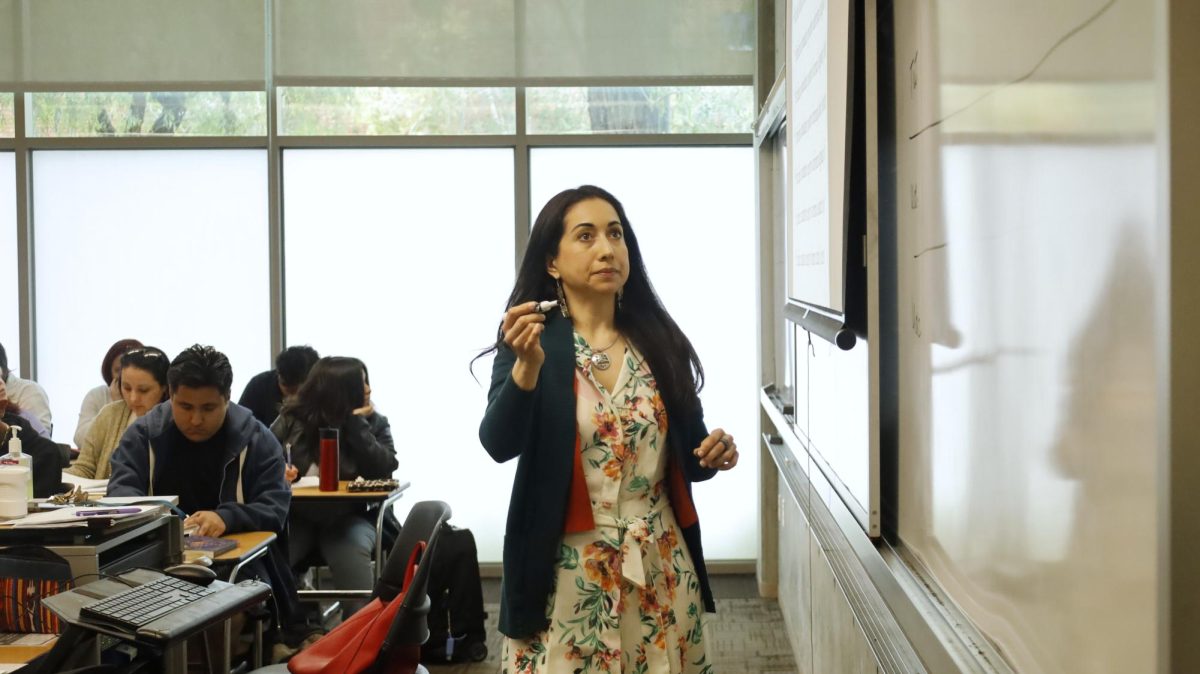
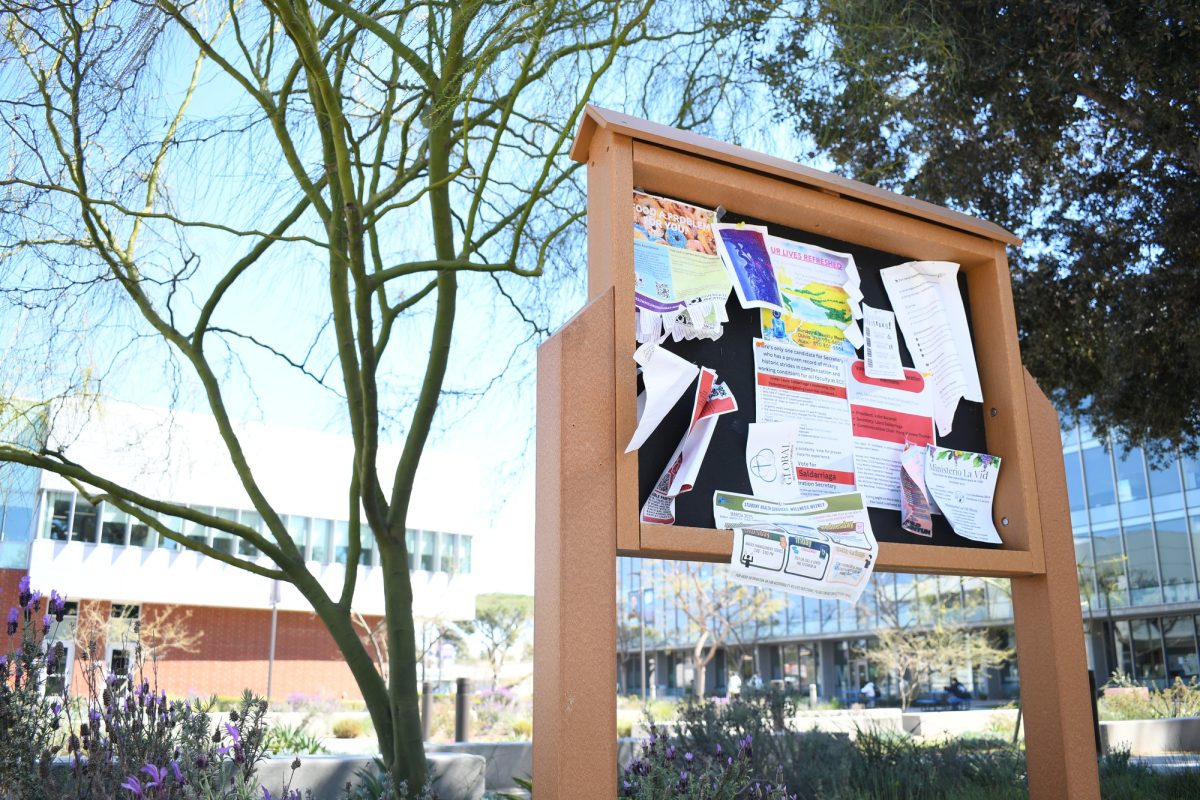
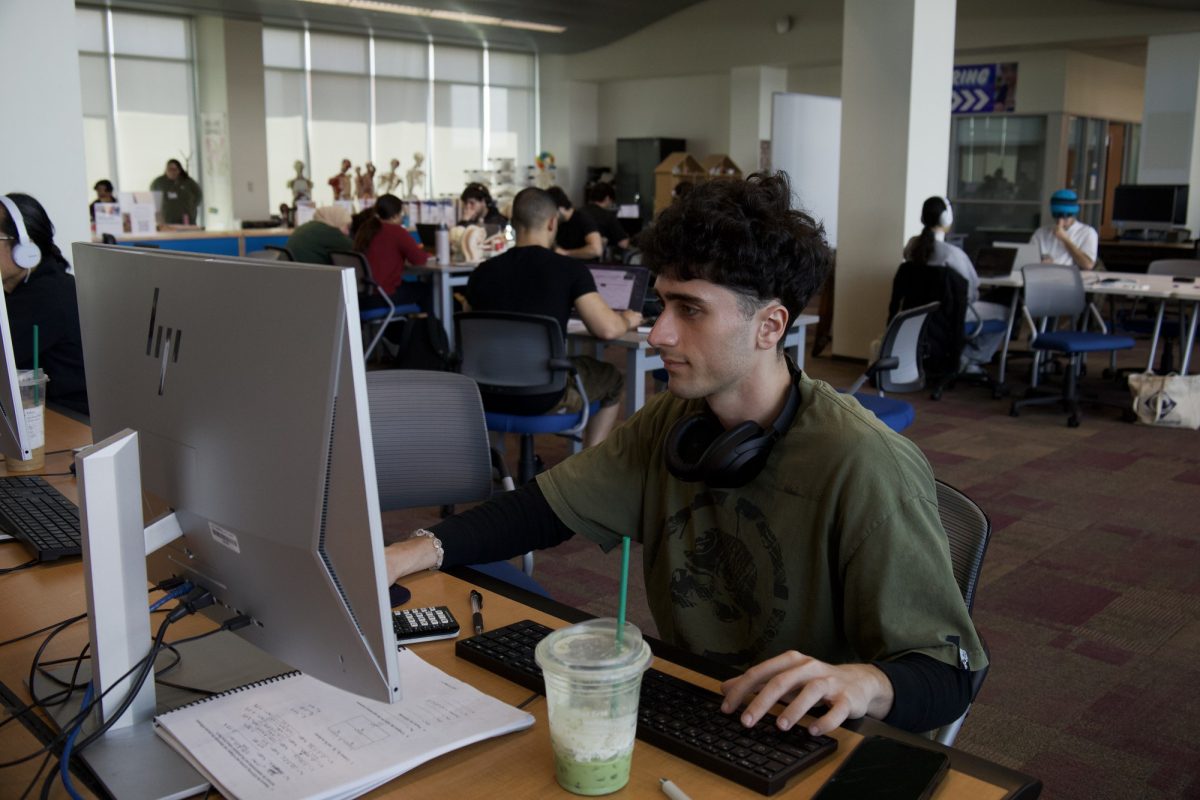
![Physics and astronomy professor Susan Stolovy presents astronomical news and updates to attendees at the first planetarium show of the semester at El Camino College on Friday, March 28. Prior to becoming a professor at ECC, Stolovy completed her doctorate in physics and worked as an astrophysicist for NASA and the California Institute of Technology on spacecraft missions. "[I'm] still very tuned into what's going on in the world of research as well, and I hope to bring a little bit of my experience into the classroom," Stolovy said. (Nikki Yunker | The Union)](https://eccunion.com/wp-content/uploads/2025/03/planetarium-Made-with-Clipchamp-3-frame-at-0m28s-1200x675.jpg)
